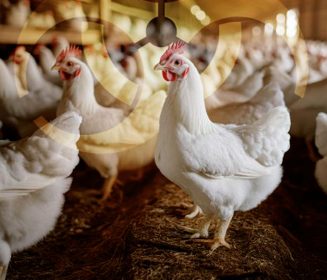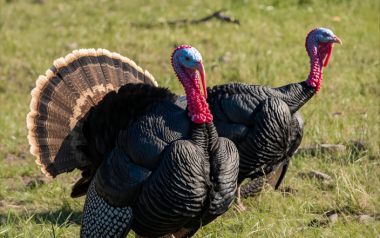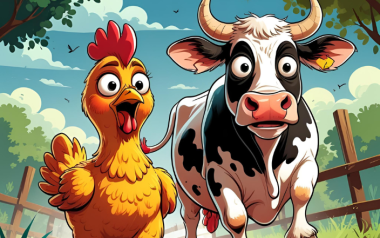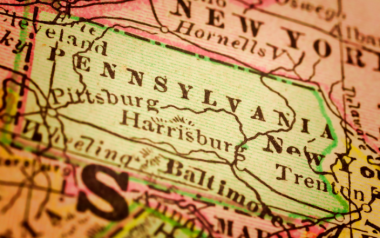Sources: Available upon request
05 Jun 2025
Indiana free of Bird Flu
Indiana has officially been declared free of highly pathogenic avian influenza (HPAI), marking a significant milestone for the state’s poultry industry.
Indiana has officially been declared free of highly pathogenic avian influenza (HPAI), marking a significant milestone for the state’s poultry industry. The announcement, made by the Indiana State Board of Animal Health (BOAH), follows a 28-day period without any new infections, in accordance with guidelines set by the World Organization for Animal Health (WOAH).
The last confirmed case of HPAI in Indiana occurred on March 28, 2025, in Kosciusko County. Since then, the state has met all necessary criteria to earn the HPAI-free designation. This status is expected to ease international trade restrictions and reopen export markets for Indiana’s poultry products, which include ducks, eggs, turkeys, and broilers. Indiana ranks first in the U.S. for duck production and third for both egg and turkey production.
Despite the positive news, state officials caution that the virus has not been eradicated entirely. “This isn’t an all-clear,” said Denise Derrer Spears of the BOAH. “The virus is still present in wild bird populations and continues to be detected in other states.” She emphasized the importance of continued biosecurity measures, such as minimizing contact between domestic poultry and wild birds.
The HPAI outbreak, which began in Indiana in 2022, led to the depopulation of over 8 million birds across commercial and backyard flocks. The economic and emotional toll on farmers was significant, but the state’s swift response and rigorous containment efforts have now paid off.
Dr. Maria Cooper, Director of the Avian Health Division at BOAH, highlighted the broader implications of the HPAI-free status. “This milestone is crucial for commerce,” she said. “Many countries use disease status as a basis for trade restrictions. With this designation, Indiana producers can resume exports to markets that had previously imposed bans”.
While the risk of reinfection remains—especially during migratory bird seasons—officials are optimistic. They urge poultry owners to remain vigilant, maintain strict hygiene protocols, and report any signs of illness promptly.
Indiana’s success in controlling HPAI serves as a model for other states still grappling with the virus. It underscores the importance of coordinated public health efforts, industry cooperation, and adherence to international standards in managing animal disease outbreaks.







































